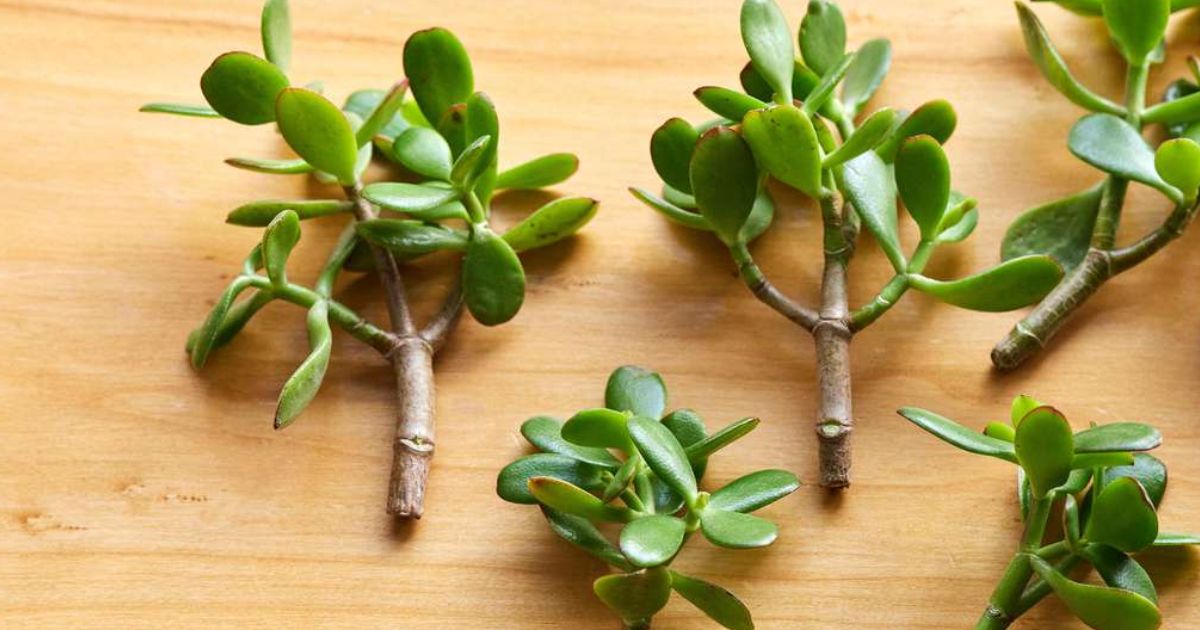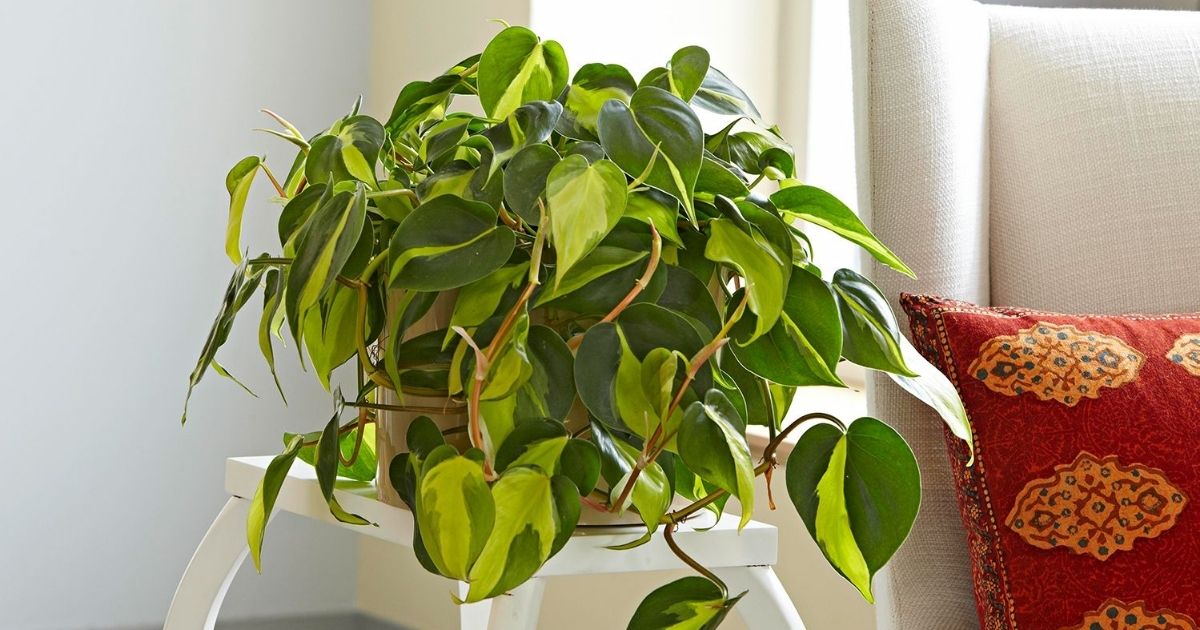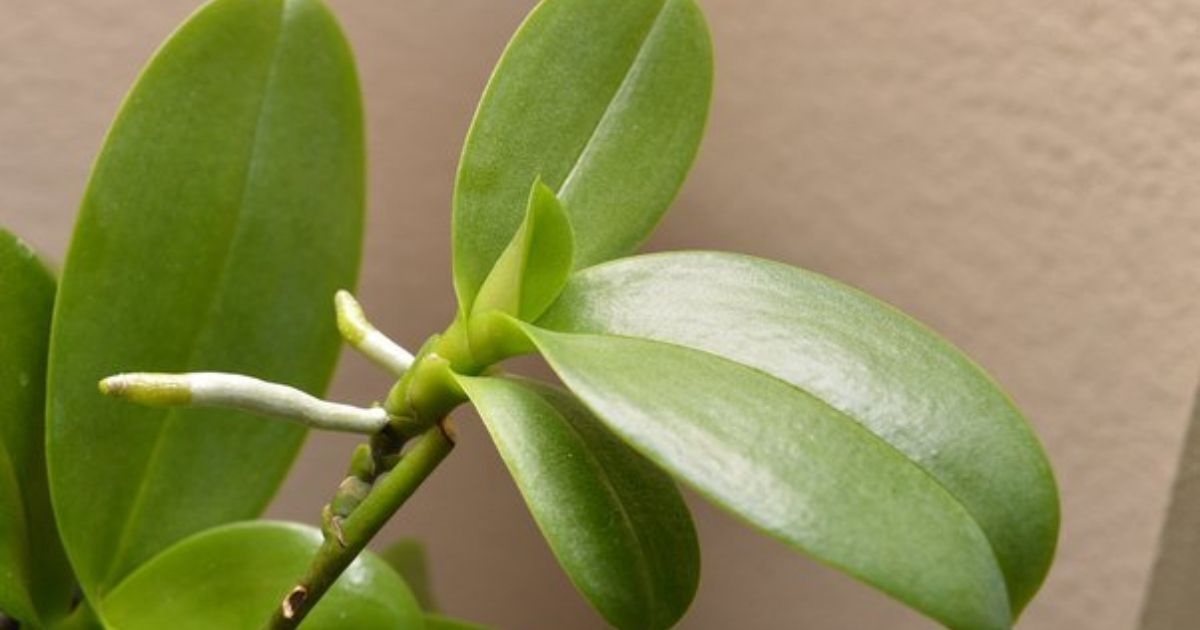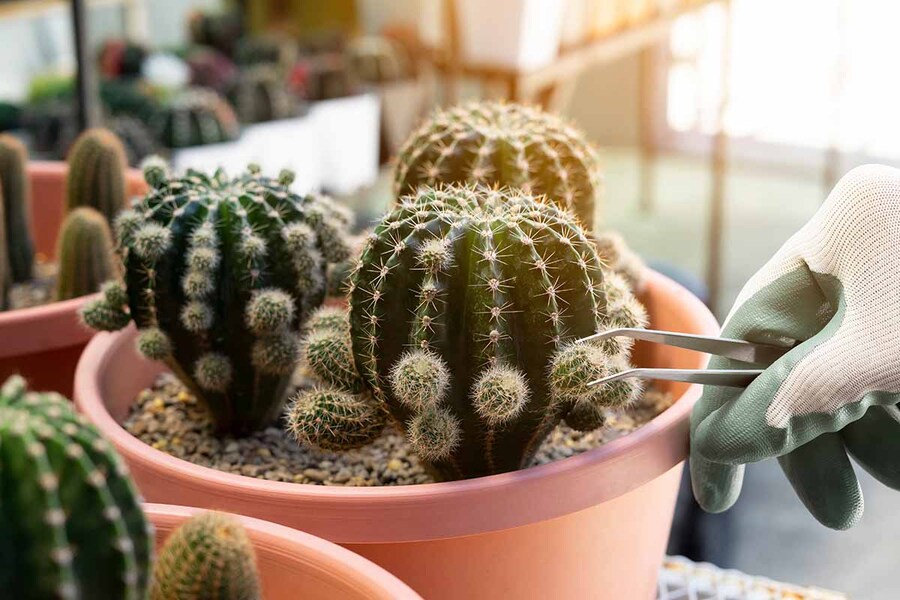IRON DEFICIENCY IN HYDROPONICS
Iron is an essential micronutrient that plays a vital role in plant growth and development. It is involved in the synthesis of chlorophyll and the production of enzymes, and it is necessary for the proper functioning of the plant's respiratory and photosynthetic systems. While iron is an essential nutrient, it is also one of the most common micronutrient deficiencies in hydroponic systems, especially in plants grown in water with a high pH level.
What Causes Iron Deficiency in Hydroponics?
There are several factors that can contribute to iron deficiency in hydroponic systems, including:
High pH levels: Iron is most available to plants in a pH range of 6.0 to 6.5. At higher pH levels, iron can become insoluble and unavailable to plants, leading to a deficiency.
Poorly balanced nutrient solution: A lack of iron in the nutrient solution can lead to an iron deficiency in plants. It's important to use a balanced nutrient solution that contains all of the essential micronutrients, including iron.
Hard water: Water that has a high mineral content can interfere with the plants' ability to absorb iron, leading to a deficiency.
Symptoms of Iron Deficiency in Hydroponics
Iron deficiency can manifest in different ways depending on the severity of the deficiency and the type of plant affected. Some common symptoms of iron deficiency in hydroponic systems include:
Yellowing leaves: Iron is necessary for the synthesis of chlorophyll, which gives leaves their green color. An iron deficiency can cause yellowing or light green leaves due to disrupted chlorophyll production.
Stunted growth: Iron plays a crucial role in plant growth and development, and a deficiency of this micronutrient can inhibit plants from reaching their full potential in size and shape.
Interveinal chlorosis: This is a type of chlorosis that affects the spaces between the veins of the leaves, causing them to turn yellow or light green while the veins remain green.
Preventing and Treating Iron Deficiency in Hydroponics
To prevent iron deficiency in your hydroponic system, it's essential to provide your plants with an adequate supply of this micronutrient. One way to do this is by using a balanced hydroponic nutrient solution that contains the right balance of all essential micronutrients, including iron. You can also consider using a water conditioner or mineral supplement to boost iron levels if you're using hard water or water with a high pH level.
If your plants are already showing symptoms of iron deficiency, there are a few steps you can take to fix the problem. These include:
Lowering the pH of the nutrient solution: If your water has a high pH level, you can use a pH down product to lower the pH and make iron more available to your plants.
Using an iron supplement: There are several iron supplements available on the market that can help correct an iron deficiency in your hydroponic system. These products can be added to the nutrient solution or applied as a foliar spray.
Using chelated iron: Chelated iron is iron that has been chemically bonded to an organic compound, making it more easily absorbed by plants. Using a chelated iron product can help improve the uptake of iron by your plants.
It's also important to keep in mind that iron deficiency can often be mistaken for other types of deficiencies or problems, so it's always a good idea to perform a thorough diagnosis before attempting to fix the problem. By following these tips, you can help ensure that your hydroponically grown plants are getting the iron they need to thrive.
If you're concerned about iron deficiency in your hydroponic system, the experts at Benchmark Hydroponics can help. Our team has a wealth of experience in all aspects of hydroponics and can provide you with the knowledge and tools you need to ensure that your plants are getting all of the essential micronutrients they need to thrive. Whether you're just starting out in hydroponics or you're an experienced grower, we have the products and expertise to help you succeed. So don't hesitate to reach out to us if you have any questions or need any assistance with your hydroponic system.




